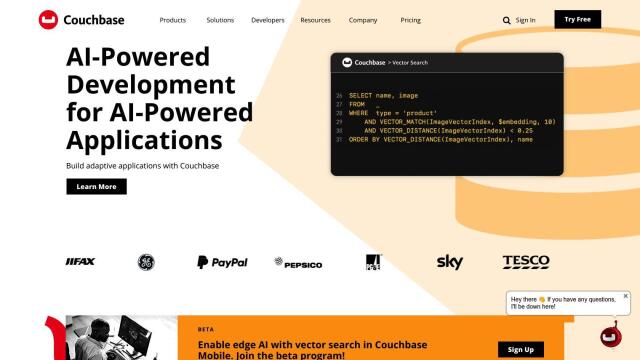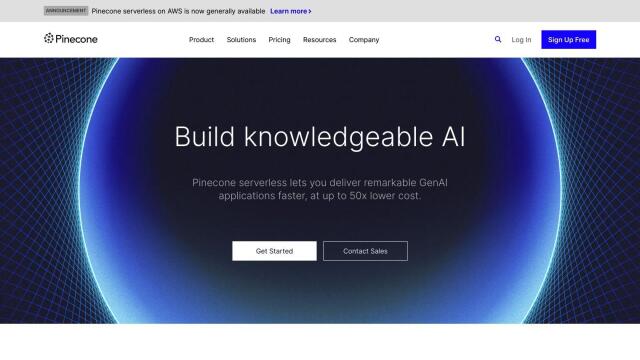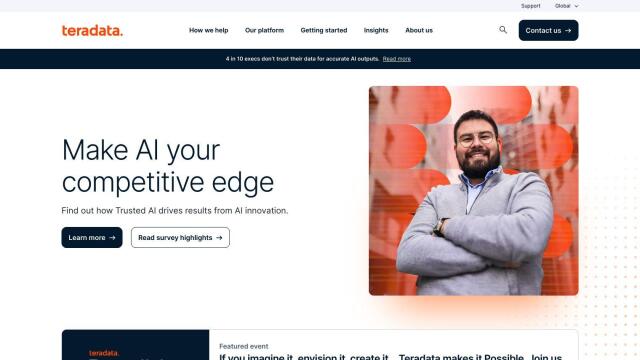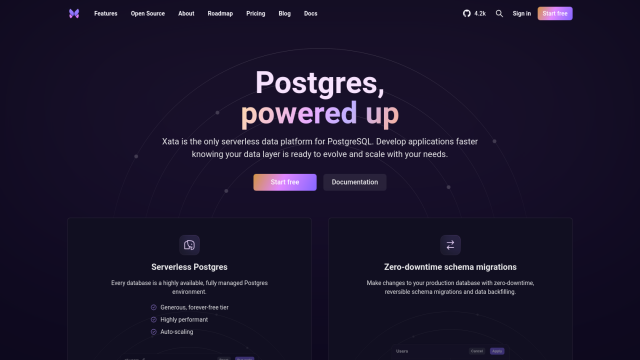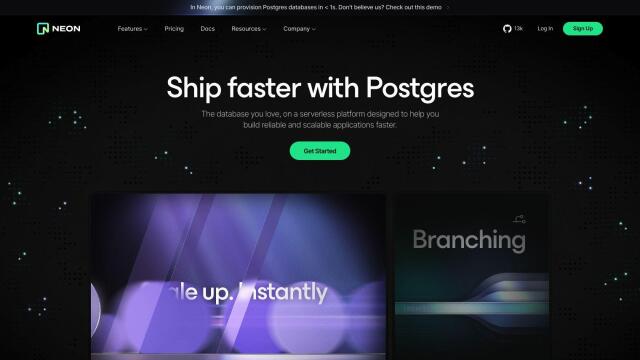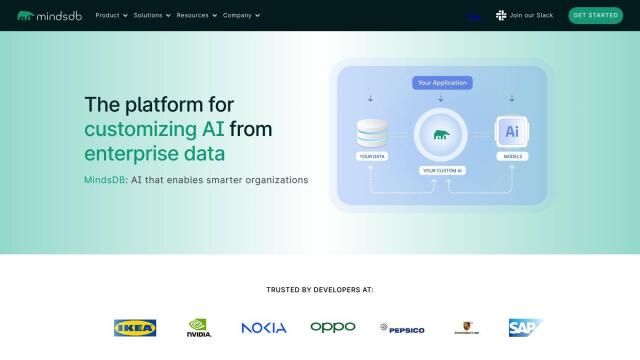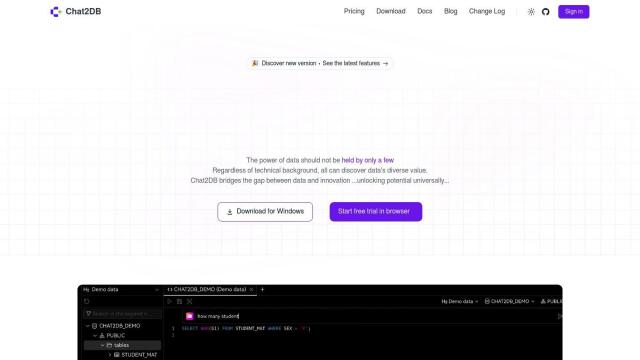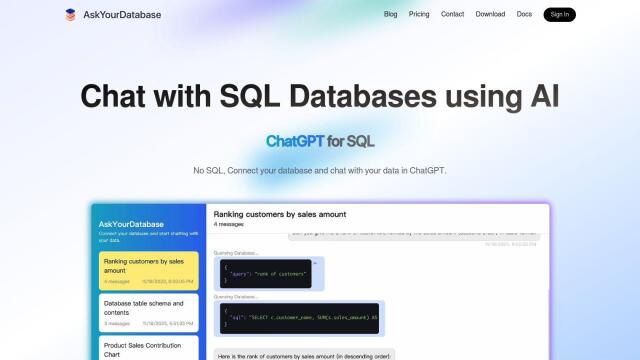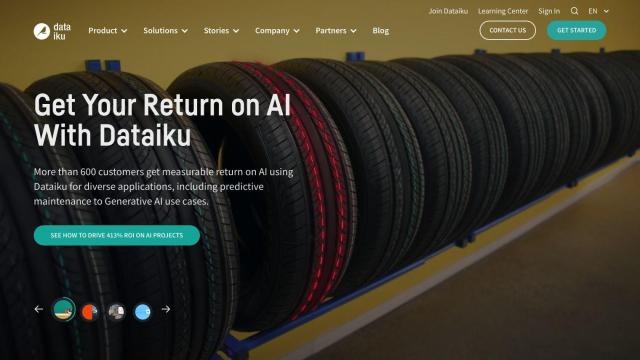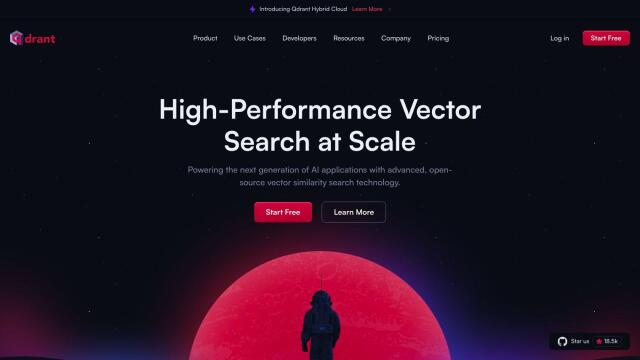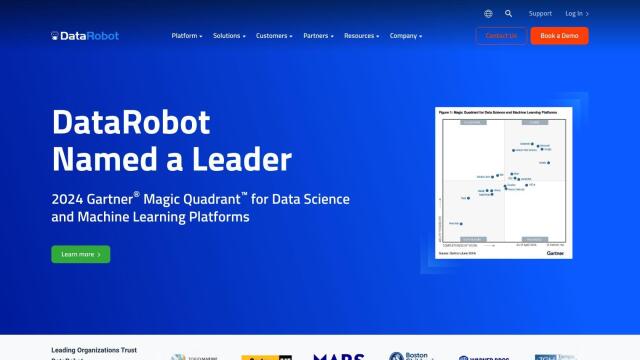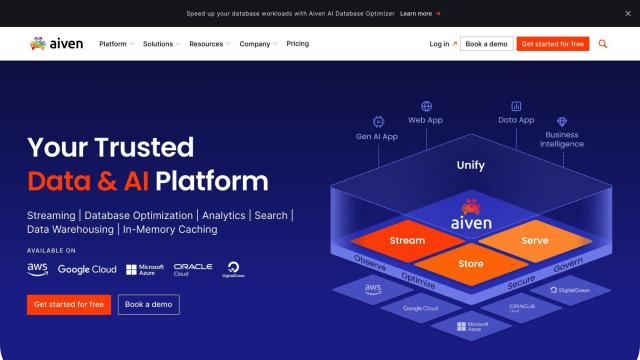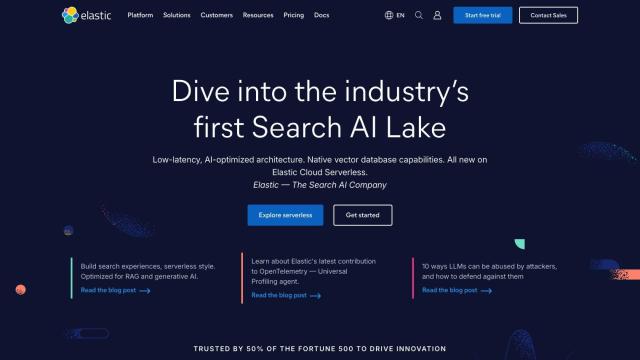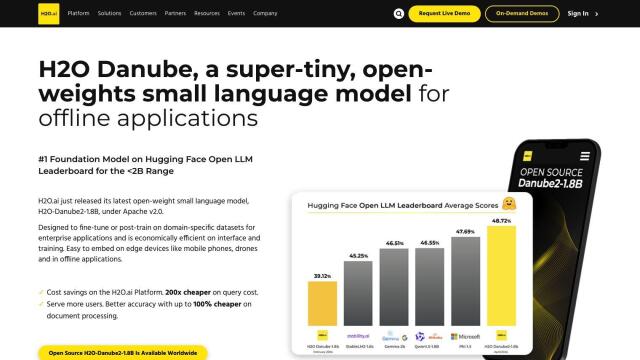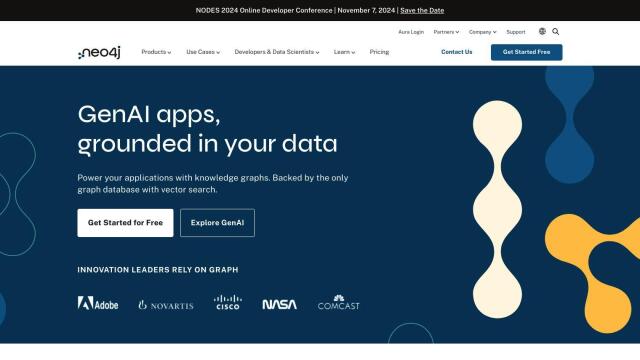Question: Is there a database platform that can provide high availability, performance, and AI-driven automation for non-expert users?

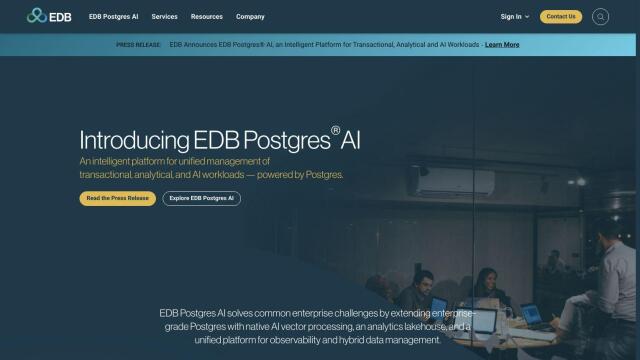
EDB Postgres AI
If you're looking for a database platform that combines high availability, performance and AI-driven automation for non-technical users, EDB Postgres AI is a good all-in-one option. It combines transactional, analytical and AI workloads on the Postgres database engine with native AI vector processing, an analytics lakehouse and unified observability. It offers high availability (up to 99.999%) and performance (up to 5X throughput) and can run in hybrid or multi-cloud environments with a variety of deployment options. That makes it a good foundation for building AI and analytics into Postgres-based workloads.

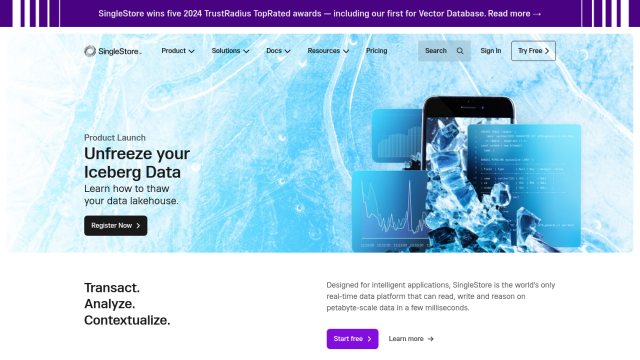
SingleStore
Another good option is SingleStore, a real-time data platform for intelligent applications. It combines transactional and analytical data in one engine with high-throughput streaming data ingestion and millisecond query performance. SingleStore supports multiple data models, including a universal store that combines columnstore and rowstore databases. Its cloud-based SingleStore Helios offers elastic scaling, high availability and a free tier for flexibility.

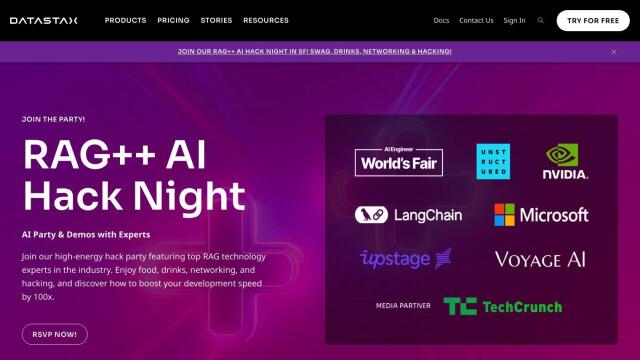
DataStax
If you need a generative AI stack, DataStax is a good option. Powered by Astra DB, it can handle both vector and structured data and offers fast response times and secure, compliant operations. Highlights include Relevant GenAI to reduce hallucinations and Vector Search for high-throughput operations. The platform is geared for generative AI applications and chatbots, and it's priced on a pay-as-you-go basis for projects of any size.

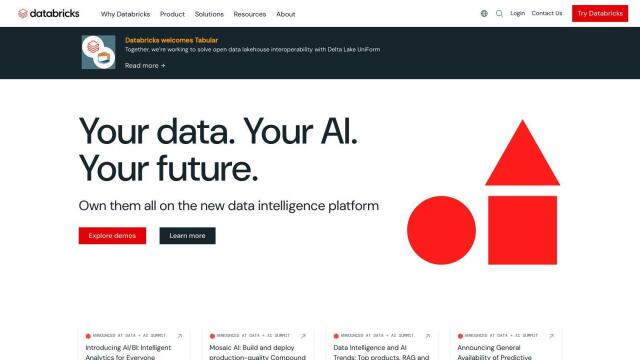
Databricks
Last, Databricks is a data intelligence platform that can add generative AI directly to your data for AI applications. It combines data, analytics and governance, and democratizes insights with natural language and cost-effective operations. It's built on lakehouse architecture, which means it's open, scalable and unified for data management, and it's a good option for many different users.

